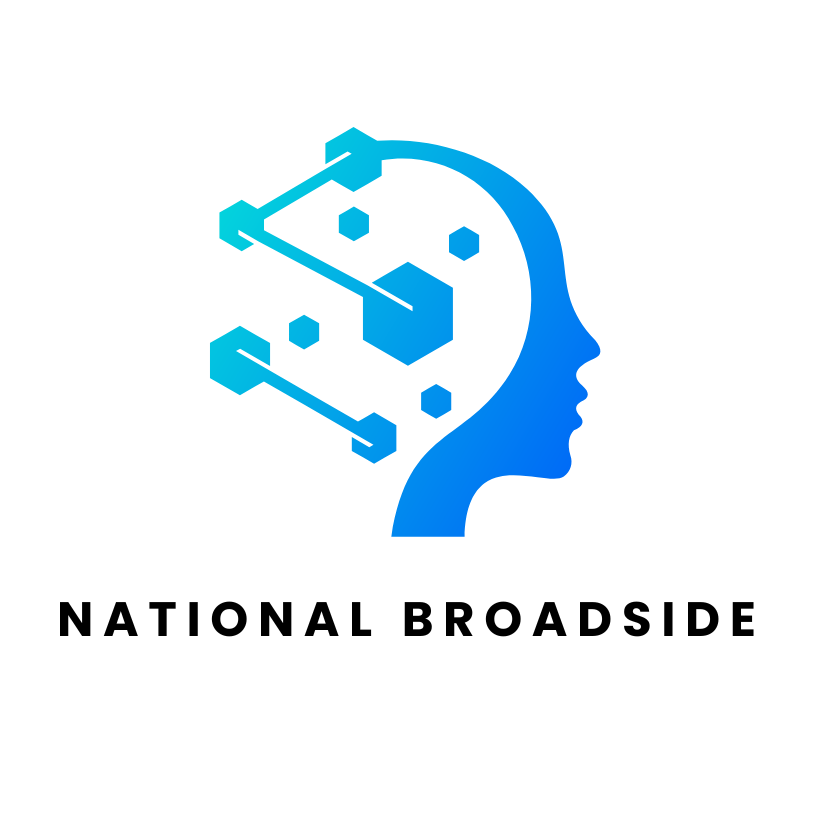Table of Contents
ToggleEver thought about diving into the world of artificial intelligence? It’s not just a trendy buzzword anymore: it’s becoming a huge part of our everyday lives. With the rapid evolution of technology, obtaining a degree in artificial intelligence can feel like acquiring a golden ticket into a remarkable new world. Picture yourself shaping the future, crafting algorithms smarter than your average coffee maker. It’s no wonder more students are eyeing AI degrees. In this text, we’ll explore what an AI degree entails, the various paths available, and how it can elevate your career to the next level.
Understanding Artificial Intelligence Degrees

Artificial intelligence degrees offer a unique blend of computer science, data analysis, and mathematical modeling. They provide students with a comprehensive understanding of how machines learn and make decisions. At their core, these degrees focus on teaching how to harness AI technologies in practical applications, from self-driving cars to advanced medical diagnostics.
Also, pursuing an AI degree often involves delving into different methodologies that allow machines to interpret data, adapt, and even evolve. It’s not merely about coding: it’s about understanding how these systems think, perceive, and interact with the world. This foundational knowledge sets the stage for everything that follows.
Types of Degrees Available
When considering a degree in artificial intelligence, students have several options that cater to different interests and career goals. Here’s a quick breakdown:
- Bachelor’s Degree: This is typically the starting point for most students. It provides a solid foundation in computer science and mathematics, along with introductory courses in AI.
- Master’s Degree: A master’s program dives deeper into specialized areas such as machine learning, natural language processing, or robotics, preparing graduates for more advanced roles.
- Ph.D.: For those interested in research or academic positions, a doctoral degree allows students to explore new frontiers in AI technology.
- Certificates and Online Courses: For professionals seeking specific skills or looking to switch careers, many universities and online platforms offer certification programs focused on AI.
Core Curriculum and Subjects
Courses in an AI degree program encompass a wide range of subjects designed to equip students with essential skills. Typical core topics include:
- Machine Learning: Students learn algorithms that allow computers to learn from data.
- Data Science: This teaches how to analyze and extract insights from vast datasets, a critical component in AI.
- Robotics: Covers the principles involved in programming machines to perform specific tasks automatically.
- Ethics in AI: In today’s climate, understanding the ethical implications of AI technology is vital. It raises questions about privacy, bias, and more.
- Programming Languages: Students become proficient in languages commonly used in AI, such as Python and R.
Skills Acquired Through an AI Degree
Graduates of AI programs gain a plethora of invaluable skills. These include:
- Analytical Thinking: The ability to dissect complex problems and propose effective solutions.
- Technical Proficiency: Mastery of programming languages and tools essential for AI development.
- Collaboration: Working on projects with teams of similarly skilled individuals fosters teamwork skills crucial in the tech industry.
- Creativity: Innovating new methods for applying AI can redefine problems and lead to groundbreaking solutions.
- Ethical Awareness: Students gain a deep understanding of the societal impacts of AI, ensuring they contribute positively to tech advancements.
Career Opportunities with an AI Degree
An AI degree opens the door to a plethora of exciting career opportunities. Some popular roles include:
- AI Developer: Responsible for developing systems and software that leverage AI technologies.
- Data Scientist: Analyzes and interprets complex data to make strategic decisions.
- Machine Learning Engineer: Focuses on designing and implementing algorithms that allow machines to learn autonomously.
- Robotics Engineer: Develops machines capable of performing tasks within various industries.
- AI Ethicist: Specializes in ensuring that AI technologies adhere to ethical standards, addressing the moral implications of advancements.
Top Universities Offering AI Degrees
Numerous prestigious institutions offer exceptional programs in artificial intelligence. Some of the top universities include:
- Massachusetts Institute of Technology (MIT): Renowned for its innovative approach and cutting-edge research.
- Stanford University: Home to leading experts in AI, providing a robust curriculum.
- Carnegie Mellon University: Offers specialized programs focusing on robotics and machine learning.
- University of California, Berkeley: Known for its rigorous studies and research initiatives.
- University of Toronto: A leader in AI research, particularly in deep learning.
Future Trends in AI Education
The landscape of AI education is evolving rapidly. Trends include:
- Online Learning: More universities are offering AI degrees and courses online, making education accessible.
- Interdisciplinary Programs: There’s a growing trend towards merging AI studies with other fields such as healthcare, business, and environmental science.
- Focus on Ethics: As AI becomes more integrated into society, the emphasis on ethics in AI education is increasingly important, highlighting the need for responsible innovation.







